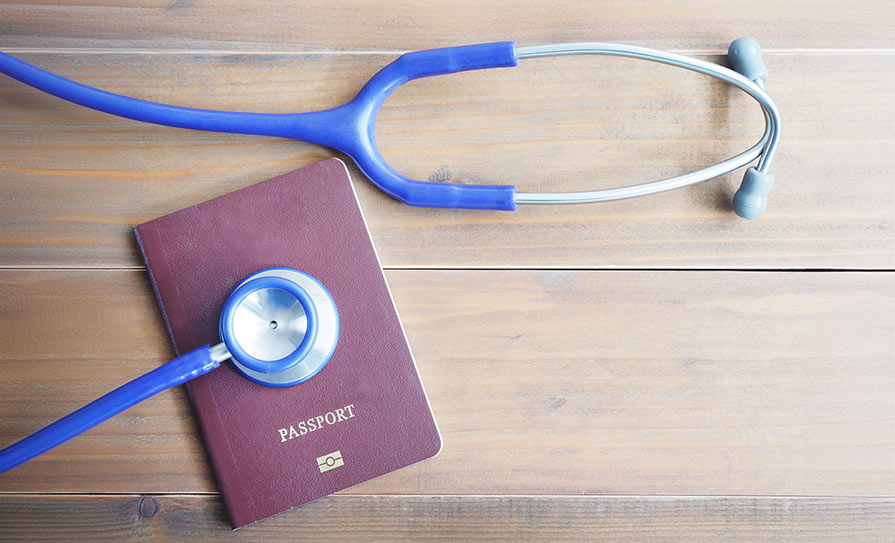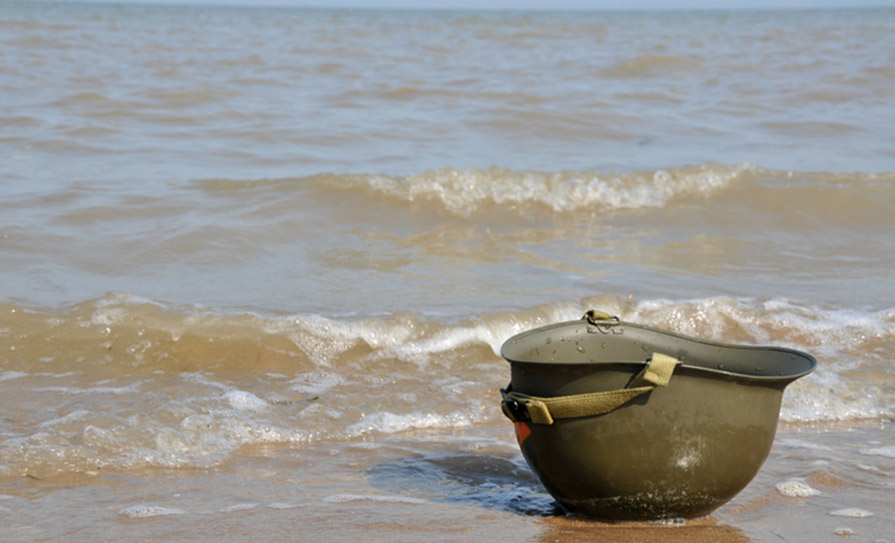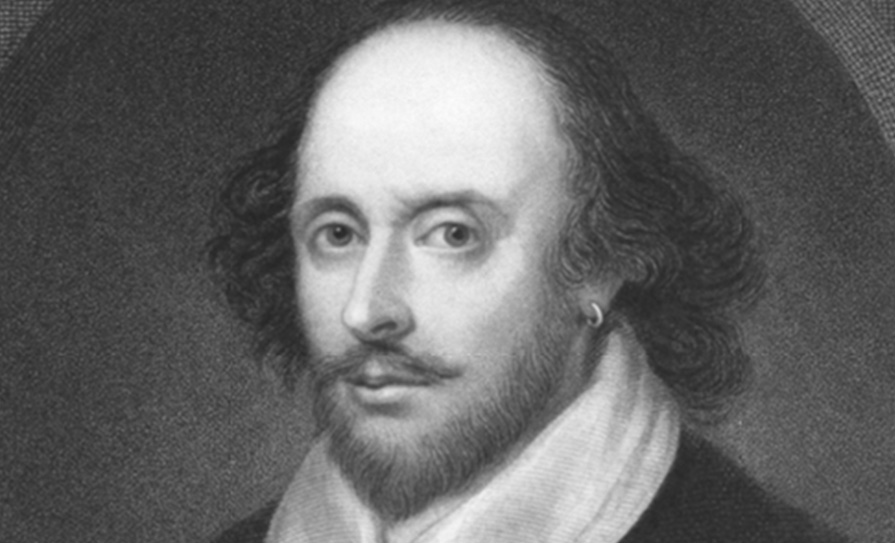What is it good for? Absolutely nothing
ith January finally laid to rest, it’s time to look in earnest to the year ahead. We all have our own hopes and challenges for the next 11 months, and I won’t even mention the ‘B’(rexit) word.
One thing we can be sure of is more conflict on the world stage. Just as it looked like the appalling situation in Syria was stabilising somewhat, the withdrawal of US troops there means the prospect of a conflict potentially involving Turkey, its Syrian allies, Syrian Kurds and the Assad regime, possibly creating fertile ground for the resurgence of ISIS — a group that thrives on chaos — in the region.
Amid the human suffering there, many doctors and allied health professionals have during 2018 been doing extraordinary work in indescribably difficult conditions. Most of their stories will never be heard, but it did get me thinking about other doctors who took similar heroic steps to help people, with little regard for their own safety and in sometimes appalling circumstances. With your indulgence, I’d like to highlight two of these.
One who stands out is US physician Dr Mary Edwards Walker. She was the only woman in her medical school class — a significant achievement in itself in 1855. However, her medical practice went down the tubes because no-one would trust a woman doctor at the time.
She volunteered her services to the Union Army but being a woman meant she was not allowed to enlist. Undeterred, she became a volunteer and even then, she was not allowed to work under the title of ‘doctor’, and so initially worked as a nurse, treating the wounded in the First Battle of Bull Run, no doubt with primitive instruments and in desperately unsanitary conditions.
Some bright spark finally awarded her a commission in 1863, but she was still technically regarded as a civilian. This didn’t prevent her being captured as a prisoner of war by the Confederates the following year and accused of being a spy.
However, the next year she became the only woman to receive the Medal of Honour for her work in treating the wounded at the First Battle of Bull Run.
Miraculously, she survived the war and subsequently became a campaigner for temperance and women’s rights. She even ran for office, despite the fact that women weren’t even allowed to vote at that time.
Then there’s Desmond Doss, the subject of a fascinating documentary titled The Conscientious Objector and the movie Hacksaw Ridge. As the title of the documentary suggests, Doss was deeply religious and refused to pick up a rifle and his religion prevented him from working on Saturdays. His fellow soldiers gave him a hard time, to put it mildly, and his commanding officer tried to get him expelled, but his desire to serve his country overcame these obstacles.
While not a doctor, his heroics as a medic on the battlefields of Leyte, Guam and Okinawa earned him a Medal of Honour in 1945. In Okinawa particularly, he retrieved some 75 casualties in the midst of a hail of machine-gun, mortar and artillery fire. During the course of this, he was wounded by a grenade while retrieving an injured soldier, dressed his own wounds, and waited five hours for someone to come and get him.
During this time, he treated other wounded soldiers, directing the stretcher-bearers to rescue other injured soldiers rather than himself. He was then injured by a sniper’s bullet, which shattered a bone in his arm. Incredibly, he made a splint out of a rifle barrel and crawled some 300 yards to an aid station.
Doctors and medics are often the forgotten elements of war but if achievements are to be judged in the perspective of their circumstances, these two people, among many others, deserve the title of the oft-abused term ‘hero’.
Take it as red
A little reality-based humour from the days of the Soviet Union to wind-down this issue’s offering, courtesy of a Soviet infantry manual issued to troops in the 1930s.
“Do not touch anything unnecessarily. Beware of pretty girls in dance halls and parks who may be spies, as well as bicycles, revolvers, uniforms, arms, dead horses, and men lying on roads – they are not there accidentally.”












Leave a Reply
You must be logged in to post a comment.